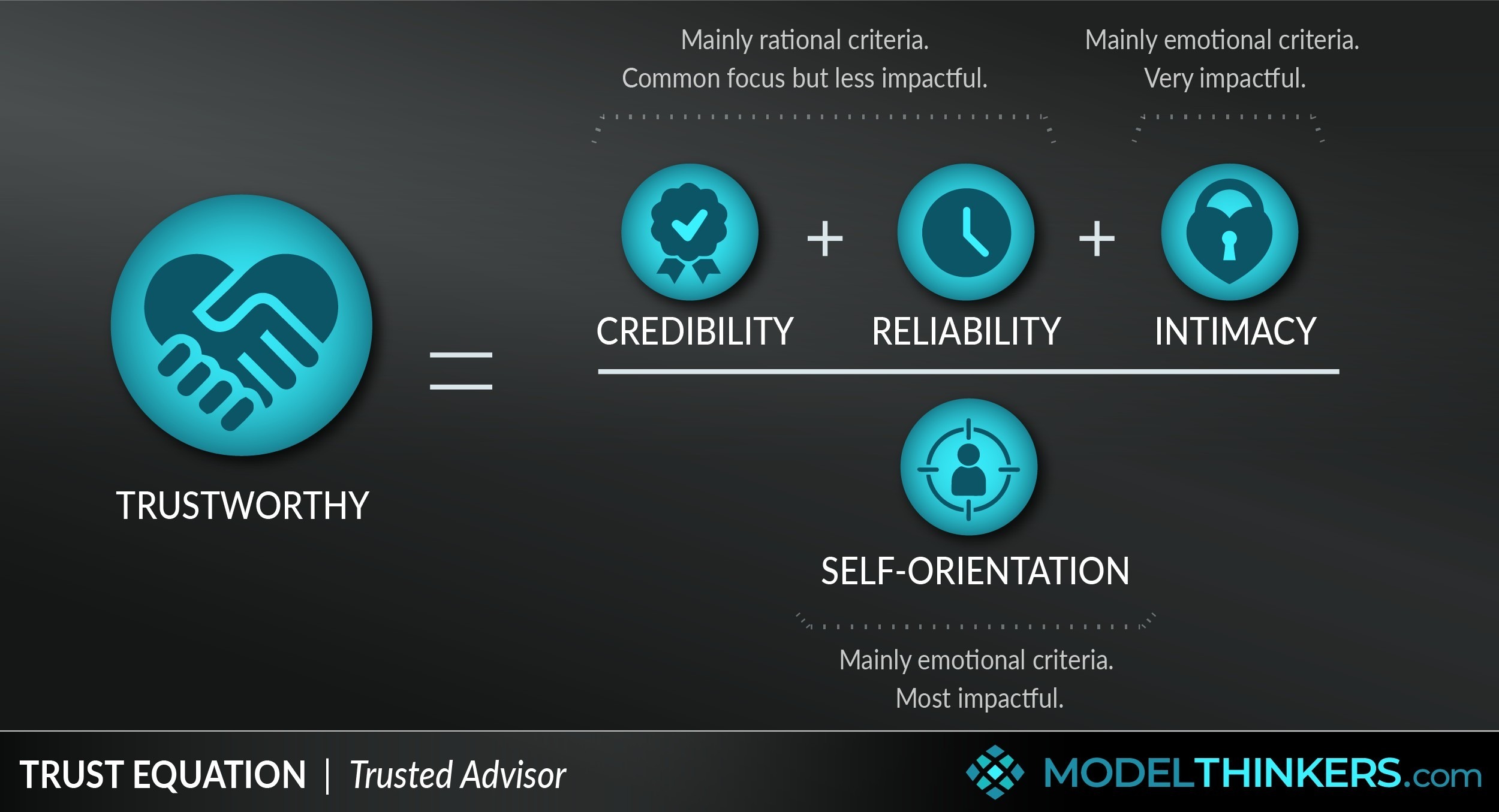The Psychology of Trust: Building Credibility
Trust is the invisible currency of business. It’s not listed on a balance sheet, yet it influences every transaction, every partnership, and every decision. At its core, trust is psychological. It’s built on perception, reinforced by experience, and shaped by emotion. When a business earns trust, it gains more than loyalty—it gains credibility. And credibility is what allows a brand to endure, even in volatile markets or competitive landscapes. Understanding the psychology of trust is essential for any organization that wants to build meaningful relationships and long-term success.
Trust begins with consistency. People are wired to seek patterns. When a business behaves predictably—delivering on promises, communicating clearly, and maintaining standards—it creates a sense of reliability. That reliability becomes the foundation for trust. A customer who receives the same level of service every time they interact with a brand begins to believe in its dependability. This belief isn’t just rational—it’s emotional. It creates comfort, reduces anxiety, and fosters a sense of security. In contrast, inconsistency breeds doubt. If a company’s messaging shifts frequently or its service quality fluctuates, customers start to question its integrity. And once doubt creeps in, trust becomes fragile.
Transparency plays a critical role in building credibility. When businesses are open about their processes, decisions, and challenges, they invite trust. People don’t expect perfection—they expect honesty. A company that admits a mistake and explains how it will be corrected earns more respect than one that deflects or denies. This kind of openness signals that the business values its relationship with the customer more than its image. It shows that the brand is willing to be vulnerable, and vulnerability—when paired with accountability—is a powerful trust builder. It humanizes the organization and makes it easier for people to connect.
Competence is another pillar of trust. Customers want to know that a business can deliver on its promises. This means having the skills, systems, and knowledge to perform effectively. But competence alone isn’t enough. It must be communicated and demonstrated consistently. A tech company may have brilliant engineers, but if its platform crashes regularly or its support team is unresponsive, that competence is undermined. On the other hand, a small business that consistently solves problems, meets deadlines, and provides thoughtful service builds a reputation for reliability. That reputation becomes a form of social proof, reinforcing trust through word-of-mouth and repeat engagement.
Empathy deepens trust by showing that a business understands and cares about its customers. It’s not just about solving problems—it’s about recognizing emotions, anticipating needs, and responding with compassion. When a customer feels heard and valued, they’re more likely to trust the brand. This is especially important in moments of tension or uncertainty. A company that responds to a complaint with empathy rather than defensiveness turns a negative experience into a positive one. It shows that the business sees the customer as a person, not just a transaction. That recognition builds emotional loyalty, which is far more enduring than convenience or price.
Trust also grows through shared values. When customers see that a brand stands for something they believe in—whether it’s sustainability, inclusivity, or innovation—they feel a deeper connection. This alignment creates a sense of belonging. It turns customers into advocates and employees into ambassadors. But shared values must be lived, not just stated. A company that claims to support diversity but lacks representation in leadership or ignores inclusion in its practices risks being seen as performative. Credibility comes from congruence—when what a business says matches what it does. That alignment reinforces trust and strengthens reputation.
The psychology of trust is cumulative. It’s built over time, through repeated interactions and consistent behavior. But it can be lost quickly. A single breach—whether it’s a broken promise, a misleading claim, or a failure to take responsibility—can undo years of credibility. That’s why trust must be treated as a strategic asset. It requires ongoing attention, reflection, and investment. Businesses must regularly assess how they’re perceived, how they communicate, and how they respond to challenges. They must listen actively, act ethically, and lead with integrity. These practices don’t just protect trust—they cultivate it.
In today’s digital age, trust is more visible and more vulnerable than ever. Reviews, ratings, and social media amplify customer experiences, both good and bad. A single tweet can shape public perception. This means businesses must be proactive in managing their credibility. They must engage transparently, respond promptly, and build relationships that go beyond the transactional. Trust is no longer confined to the boardroom or the storefront—it’s everywhere. And the businesses that understand this, that treat trust as a cornerstone of their strategy, are the ones that thrive.
Ultimately, trust is about connection. It’s the feeling that someone—or something—has your best interests at heart. In business, that connection is built through consistency, transparency, competence, empathy, and shared values. It’s reinforced through action and sustained through care. When a brand earns trust, it earns the right to lead, to grow, and to endure. And in a world where credibility is often questioned and loyalty is hard-won, that kind of trust is not just powerful—it’s priceless.







